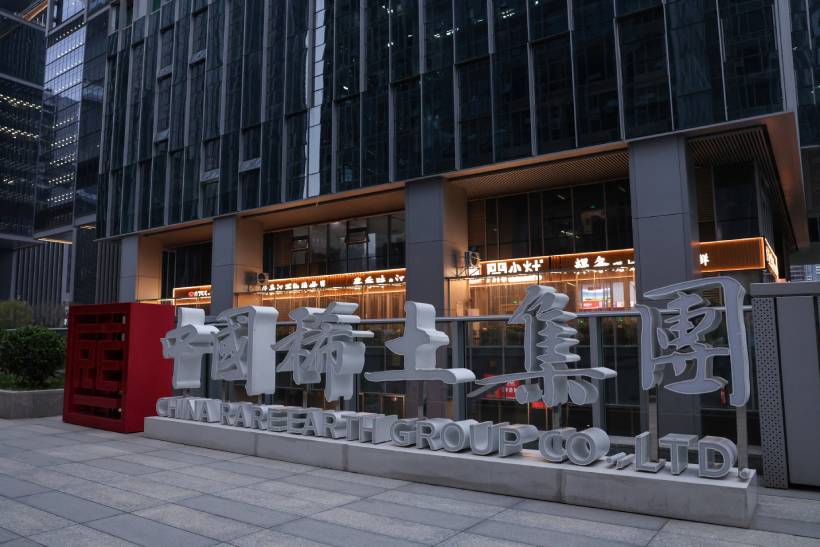China Tightens the Screws on Rare Earths as Japan Ties Strain
Chinese exports of rare earth magnets to Japan fell 8% in December from November, following a diplomatic spat that rattled markets and raised fears about supply security. The drop came just weeks before Beijing imposed a January ban on exports of dual-use items to Japan materials that can have both civilian and military applications. Although December shipments of 280 metric tons were still 31.4% higher than a year earlier, the monthly decline signaled growing political risk in a sector where China dominates global supply.
Why it matters:
Rare earth magnets are critical inputs for electric vehicles, wind turbines, electronics, and defense technologies. Any disruption in supply has immediate implications for Japan’s advanced manufacturing sector and longer-term consequences for global clean energy and high-tech industries. The episode highlights how trade in strategic materials is increasingly shaped by geopolitics rather than pure market forces.
Drivers behind the decline:
The immediate trigger was worsening political relations after Prime Minister Sanae Takaichi stated Japan would respond militarily if China attacked Taiwan—a comment that angered Beijing. The subsequent ban on dual-use exports deepened uncertainty. At the same time, the strong year-on-year rise in December shipments suggests Japanese firms were stockpiling magnets in anticipation of tougher restrictions, temporarily inflating demand before a likely January drop.
Stakeholders:
Japan’s automakers, electronics manufacturers, and defense planners are directly exposed to supply risks. Chinese producers face the challenge of balancing geopolitical directives with commercial interests, particularly as exports to key markets soften. The United States is another major stakeholder: December shipments to the U.S. fell 3% month-on-month, and total 2025 exports dropped over 20%, underlining how Washington is also affected by China’s export controls.
Global context:
While exports to the U.S. partially recovered after President Xi Jinping and President Donald Trump agreed to pause some controls, overall Chinese rare earth magnet exports declined 1.3% in 2025. This points to a broader trend of fragmentation in strategic supply chains, with China using its dominance in rare earths as leverage amid rising great-power competition.
What’s next:
Shipments to Japan are expected to fall further in January as the ban takes full effect. Japanese firms are likely to accelerate diversification efforts, including sourcing from alternative suppliers and investing in recycling and substitution technologies. In the medium term, continued tensions over Taiwan could make rare earth trade an even more politicized tool of statecraft.
Analysis:
This episode illustrates how economic interdependence no longer guarantees stability in East Asia. China’s control over rare earths gives it a powerful instrument of coercion, but repeated use risks pushing countries like Japan and the U.S. to reduce dependence over time. In the short run, Japan bears the adjustment costs through higher uncertainty and potential production bottlenecks. In the long run, however, China may weaken its own leverage as strategic competitors invest heavily in alternative supply chains. The rare earth market, once a niche industrial sector, has become a frontline of geopolitics.
With information from Reuters.


